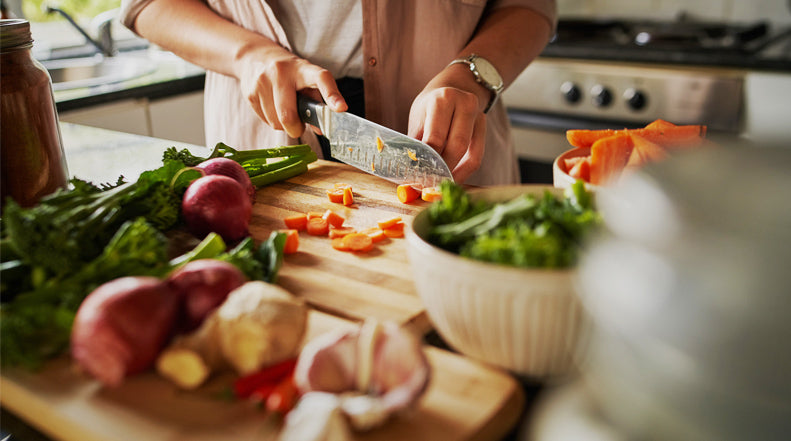5 Nutrient that Boost Scar Healing

Anyone who has experienced scarring knows that the healing process can take a painfully long time, leaving many of us searching for ways to hurry it along. While there is no simple solution to perfect healing from many wounds, the right combination of diet and supplements can significantly speed up the process and improve any scarring that may result.
The science behind the recovery process involves several steps. After a wound occurs and as the scar develops, the body enters a period requiring amino acids, minerals, and vitamins to repair the injury and remodel the tissue. Here are some reasons to improve your nutrition during healing to ultimately improve your scar outcome.
AMINO ACIDS
Amino acids play a very important role in wound recovery. There are several amino acids that can help, but be sure to include the following:
- Arginine supports the immune system and creates additional collagen at the wound site. Foods containing arginine include nuts, seafood, spinach, poultry, pork, and watercress.
- Glutamine performs many important functions and serves as an energy source for immune cells. To supplement glutamine, drink bone broth or add collagen peptides to drinks.
CONJUGATED LINOLEIC ACID
Dairy products that are low in fat like some cheeses, milk, and yogurt contain conjugated linoleic acid which reduces a scar’s appearance. In 2010, a study was published reporting that mice with cutaneous injuries who were given conjugated linoleic acid experienced increased rates of healing.
VITAMIN A
You might already know, but vitamin A plays a critical role in healing wounds and reducing scars. Vitamin A has several restorative qualities. It increases white blood cell production and assists in combating infections and viruses that could delay the healing process. Additionally, vitamin A boosts the immune system and helps to regulate inflammation.
Some foods that contain vitamin A include cantaloupe, carrots, collards, kale, milk, spinach, and sweet potatoes.
VITAMIN C
By encouraging healing and protecting against infections, vitamin C is an essential nutrient for the health of muscles and tissue. Because the body doesn’t naturally produce it, eating foods high in vitamin C is imperative to assist the body’s healing processes.
Broccoli, cabbage, kiwi, oranges, strawberries, and tomatoes are a few of the many fruits and vegetables that contain vitamin C. Citrus fruits are also commonly known for their high amounts of vitamin C.
VITAMIN E
Vitamin E helps to protect the body’s tissues from damage by ensuring red blood cells are healthy, drastically reducing the size of scars.
Foods that contain vitamin E are avocados, egg yolks, green leafy vegetables, nuts, seeds, and whole grains.
ZINC
As a major component in the synthesis of protein, zinc plays a very important role in helping cells grow. Even though many people have zinc deficiencies, individuals must be careful to not take too much zinc. If used in the correct dosage, however, zinc can be a positive addition to aid in scar reduction.
Zinc can be found in clams, crabs, liver, lobster, pumpkin seeds, and red meat.
COMBINE YOUR “SCAR-FRIENDLY” DIET WITH TOPICAL SILICONE PRODUCTS
For decades, topically applied silicone has played a substantial role in fading and flattening scars. NewGel+ products contain 100% medical grade silicone gel. Browse the types of silicone gel products on the NewGel+ website to find the product that best matches your wound. Combining this treatment strategy with a healthy diet will speed your recovery and reduce scarring.




Comments